Did you know that less than 20% of adults with Attention-Deficit Hyperactivity Disorder (ADHD) have received a diagnosis? Undiagnosed ADHD can affect every aspect of an adult’s life, making it tough to thrive.
ADHD is often diagnosed at a young age. So if you didn’t receive a diagnosis as a child, it’s often difficult to test for it as an adult. Lack of awareness concerning adult ADHD has left many people without proper treatment.
ADHD is typically diagnosed in childhood when the symptoms are more pronounced. But numerous studies have confirmed that childhood ADHD can last through adulthood. Additionally, researchers speculate that a specific variant may be responsible for adult-onset ADHD.
So how do the symptoms of ADHD manifest in adulthood? As we age, we usually learn to compensate for undesirable behaviors. A child may express hyperactivity by running around and climbing furniture.
But as an adult, that would be unacceptable. Thus, adults may express hyperactivity by choosing active jobs, fidgeting in meetings, and being “always on the go.” This careful redirection of symptoms makes diagnosing ADHD in adulthood much more complicated.
Most information describing the causes of ADHD focus on children. The causes of adult-onset ADHD aren’t fully known yet. That’s why research is ongoing in the hopes of validating this sub-type of ADHD.
Science doesn’t know what causes ADHD specifically, but we have some clues. Some common causes cited by research include:
While hyperactive children often run around, adults exhibit this symptom as restless energy. Doing nothing is not an option for you! You may have difficulties reading, watching TV, or doing any relaxing activity.
In high school, you might have been the student that shouts out the answer before the teacher asked. At work, you might monopolize time during meetings and talk over people. You don’t do this maliciously, but you also can’t stop yourself most of the time.
Can you sit in silence, or do you have to fill every second with sound? You might need music to focus on work or a white noise machine to sleep. Your brain is always whirling with thoughts and ideas, and you may struggle to “turn it off.”
Maybe you speak more than you listen. Friends might complain that they can never get a word in, and coworkers may tire of your constant conversation. You might also seek jobs that emphasize a lot of talking, like sales or teaching.
Are people often amazed by your abundant energy? You may fill your days with more than you can take on, but get everything done regardless. This always-on-the-go mentality can leave you burnt out and exhausted.
ADHD affects the intricate systems of an adult’s life differently than a child’s. It can create havoc in relationships, family life, and work. It might even put you in danger.
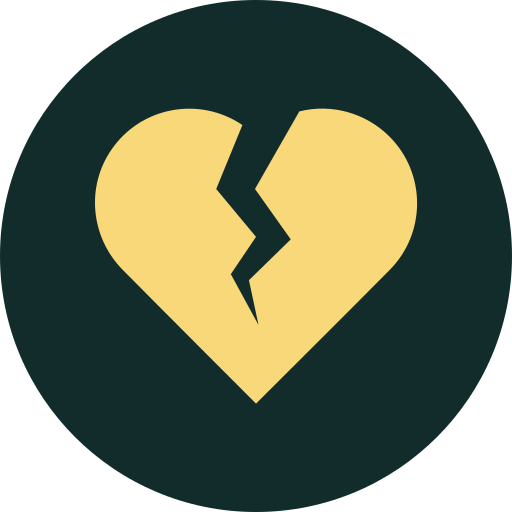
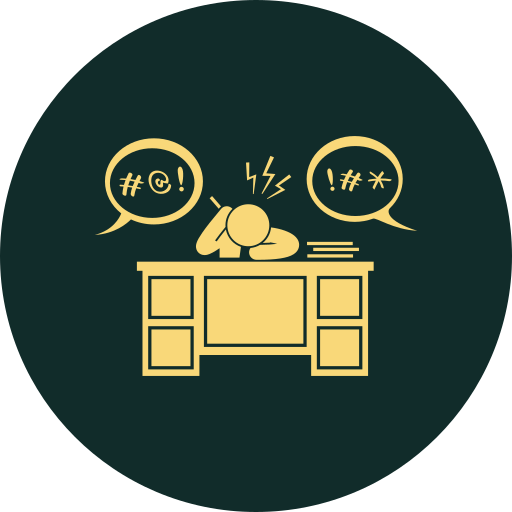
Studies have found that adults with ADHD can have more difficulty when it comes to job seeking. They may struggle to find a job and maintain it long-term. They may also experience problems at work when it comes to time management and task completion.
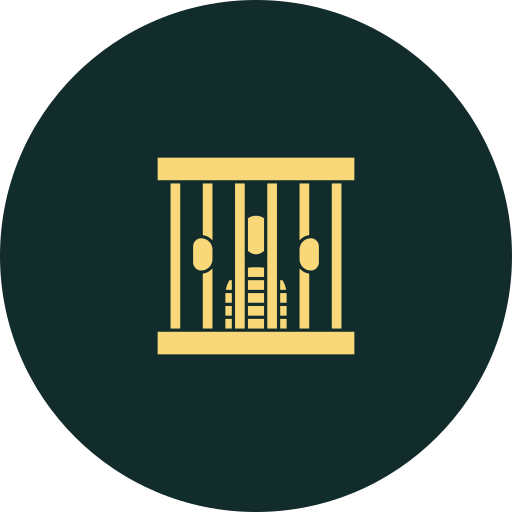
One meta-analysis found that prison inmates were five times more likely to have ADHD than others. And various studies have linked ADHD to lowered personal safety. This includes criminality and dangerous activities such as reckless driving and substance abuse.
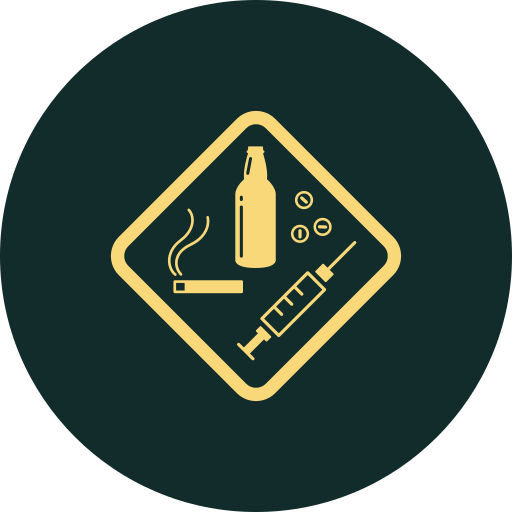
ADHD and substance abuse have very high comorbidity. Some studies have found that one out of every six adults seeking treatment for substance abuse also had ADHD. If you suspect this describes you, you might need a dual diagnosis.
Using drugs and alcohol to self-medicate is common in undiagnosed disorders. By seeking a dual diagnosis at New Method Wellness, you’ll manage both problems at once. We offer a safe, supervised space to deal with your addiction and learn how to handle your ADHD.
Because the signs of ADHD in adults can be subtle, it might take longer to receive a diagnosis. But the good news is that it’s possible! Although the clinician will likely screen you for other disorders first.
Your clinician will likely start by asking you questions related to your symptoms. They may administer a few computerized or self-tests as well. The diagnosis will result from observing you and analyzing your symptoms and history.
ADHD is a lifelong journey, and there’s no cure. But the right treatment plan can minimize symptoms and allow you to live a rich, fulfilling life! Treatment often includes a combination of medication, behavior therapy, and lifestyle changes.
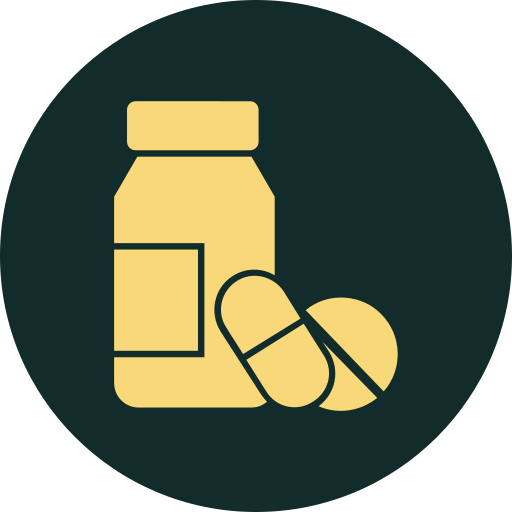
Medication is often a vital part of the treatment plan. It can allow people to live their lives mostly symptom-free. There are two options for medication: stimulants and non-stimulants.
Stimulants are often the standard for ADHD treatment. They’re available in brand names like Ritalin, Concerta, and Adderall. Stimulants increase central nervous system activity resulting in milder symptoms.
Non-stimulant options include medications like Strattera, specifically designed to treat ADHD. Sometimes doctors will prescribe anti-depressants or other pills to treat specific symptoms. You and your doctor can work together to make the right choice for your diagnosis.
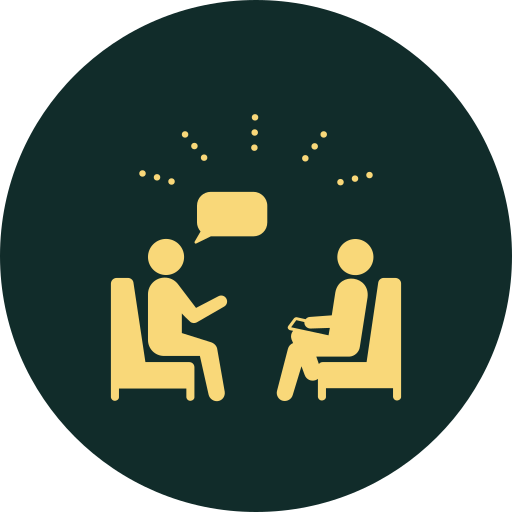
Cognitive Behavior Therapy is the first line of treatment for ADHD. It has continuously shown the most impact with positive improvements. Life skills coaching and Dialectical Behavioral Therapy (DBT) are additional options.
Therapy is an excellent tool for learning to recognize negative patterns. It can also help you replace unhealthy coping methods like drugs, alcohol, or avoidance. Therapy sessions can also make you feel less alone and isolated in your struggles.

Adults with ADHD often struggle with developing healthy sleep schedules and diets. Making positive lifestyle changes can help you feel more equipped to handle tough situations. Regular exercise, supplements, and relaxation techniques are recommended as well!
If you’ve taken our online ADHD test for adults and need more guidance, we’re here to help. At New Method Wellness, we offer personalized treatment for Adult ADHD.
Whether you want medication, therapy, or both, we can create a treatment plan that works for you. We also offer many exciting holistic options like surf therapy and meditation.
Contact us today to schedule a tour of our facilities or set up an appointment with one of our dedicated clinicians.
Deanna Crosby is a Licensed Marriage and Family Therapist (LMFT) with over 20 years of experience working with clients in recovery. Her expertise has catapulted her into the spotlight. Featured on several episodes of the Dr. Phil Show as a behavioral health expert, DeAnna is a routine contributor for NBC News, The Huffington Post, Elle Magazine, MSN, Fox News, Yahoo, Glamour, Today, and several other prominent media outlets.
After receiving her bachelor’s degree from the University of California in Irvine, Crosby did postgraduate work at Centaur University where she graduated at the top of her class with a CAADAC certification in Centaur’s chemical dependency program. Following her time at Centaur, Crosby received her Master of Counseling Psychology degree from Pacifica Graduate Institute, where she also attained a Doctoral Degree in Depth Psychology.
Accredited by:
New Method Wellness
We firmly believe that the internet should be available and accessible to anyone, and are committed to providing a website that is accessible to the widest possible audience, regardless of circumstance and ability.
To fulfill this, we aim to adhere as strictly as possible to the World Wide Web Consortium’s (W3C) Web Content Accessibility Guidelines 2.1 (WCAG 2.1) at the AA level. These guidelines explain how to make web content accessible to people with a wide array of disabilities. Complying with those guidelines helps us ensure that the website is accessible to all people: blind people, people with motor impairments, visual impairment, cognitive disabilities, and more.
This website utilizes various technologies that are meant to make it as accessible as possible at all times. We utilize an accessibility interface that allows persons with specific disabilities to adjust the website’s UI (user interface) and design it to their personal needs.
Additionally, the website utilizes an AI-based application that runs in the background and optimizes its accessibility level constantly. This application remediates the website’s HTML, adapts Its functionality and behavior for screen-readers used by the blind users, and for keyboard functions used by individuals with motor impairments.
If you’ve found a malfunction or have ideas for improvement, we’ll be happy to hear from you. You can reach out to the website’s operators by using the following email juanita@newmethodwellness.com
Our website implements the ARIA attributes (Accessible Rich Internet Applications) technique, alongside various different behavioral changes, to ensure blind users visiting with screen-readers are able to read, comprehend, and enjoy the website’s functions. As soon as a user with a screen-reader enters your site, they immediately receive a prompt to enter the Screen-Reader Profile so they can browse and operate your site effectively. Here’s how our website covers some of the most important screen-reader requirements, alongside console screenshots of code examples:
Screen-reader optimization: we run a background process that learns the website’s components from top to bottom, to ensure ongoing compliance even when updating the website. In this process, we provide screen-readers with meaningful data using the ARIA set of attributes. For example, we provide accurate form labels; descriptions for actionable icons (social media icons, search icons, cart icons, etc.); validation guidance for form inputs; element roles such as buttons, menus, modal dialogues (popups), and others. Additionally, the background process scans all of the website’s images and provides an accurate and meaningful image-object-recognition-based description as an ALT (alternate text) tag for images that are not described. It will also extract texts that are embedded within the image, using an OCR (optical character recognition) technology. To turn on screen-reader adjustments at any time, users need only to press the Alt+1 keyboard combination. Screen-reader users also get automatic announcements to turn the Screen-reader mode on as soon as they enter the website.
These adjustments are compatible with all popular screen readers, including JAWS and NVDA.
Keyboard navigation optimization: The background process also adjusts the website’s HTML, and adds various behaviors using JavaScript code to make the website operable by the keyboard. This includes the ability to navigate the website using the Tab and Shift+Tab keys, operate dropdowns with the arrow keys, close them with Esc, trigger buttons and links using the Enter key, navigate between radio and checkbox elements using the arrow keys, and fill them in with the Spacebar or Enter key.Additionally, keyboard users will find quick-navigation and content-skip menus, available at any time by clicking Alt+1, or as the first elements of the site while navigating with the keyboard. The background process also handles triggered popups by moving the keyboard focus towards them as soon as they appear, and not allow the focus drift outside of it.
Users can also use shortcuts such as “M” (menus), “H” (headings), “F” (forms), “B” (buttons), and “G” (graphics) to jump to specific elements.
We aim to support the widest array of browsers and assistive technologies as possible, so our users can choose the best fitting tools for them, with as few limitations as possible. Therefore, we have worked very hard to be able to support all major systems that comprise over 95% of the user market share including Google Chrome, Mozilla Firefox, Apple Safari, Opera and Microsoft Edge, JAWS and NVDA (screen readers), both for Windows and for MAC users.
Despite our very best efforts to allow anybody to adjust the website to their needs, there may still be pages or sections that are not fully accessible, are in the process of becoming accessible, or are lacking an adequate technological solution to make them accessible. Still, we are continually improving our accessibility, adding, updating and improving its options and features, and developing and adopting new technologies. All this is meant to reach the optimal level of accessibility, following technological advancements. For any assistance, please reach out to juanita@newmethodwellness.com